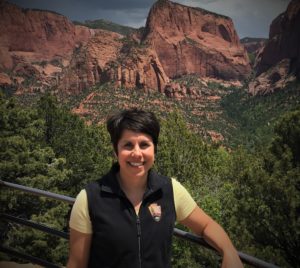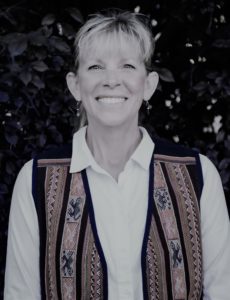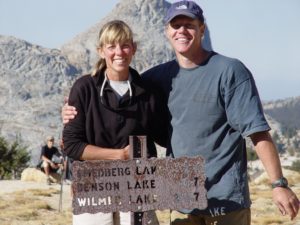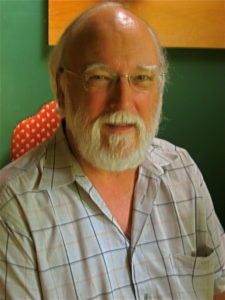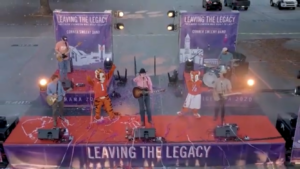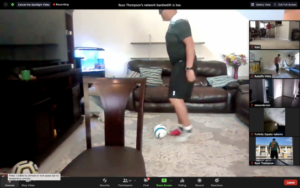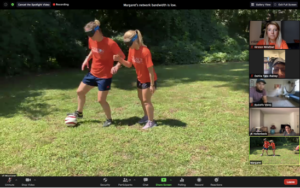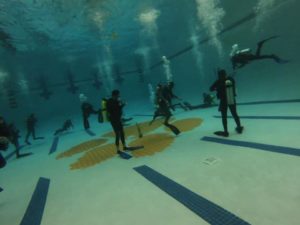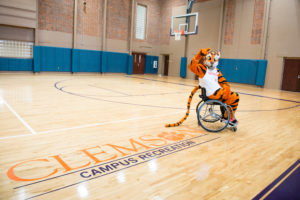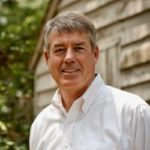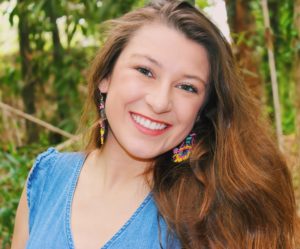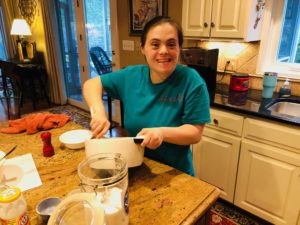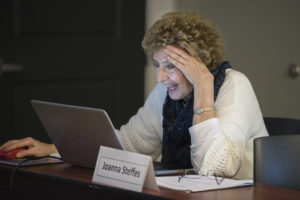Paul Leonard, Ph.D., Science Coordinator for the Arctic Program of the US Fish & Wildlife Service in Fairbanks, Alaska, was recently honored with the Dwight A. Holder Award by the Clemson University Institute for Parks in recognition of his outstanding work as a conservation researcher and teacher.

The Institute for Parks presents the annual awards program, which is named for George B. Hartzog Jr., the seventh director of the National Park Service, to showcase leading figures in the field of conservation. Specific awards were named after visionary leaders that Hartzog respected and admired. Award recipients are following in Hartzog’s footsteps by making significant contributions to the management of parks and preservation of our natural, historical and cultural heritage.
The Dwight A. Holder Award recognizes academic professionals that exemplify Mr. Holder’s illustrious career as an entrepreneur and public servant, which included leading South Carolina’s parks to a new era of service. Dr. Leonard received this award for outstanding work and sustained achievement that fosters understanding, wise use and conservation of natural and cultural resources.
Professor Rob Baldwin Endowed Chair and Professor of Conservation Biology at Clemson University, said when presenting the award that Leonard is one of those unique public servants who cares more about the land than their own careers.
“As a scientist for the U.S. Fish and Wildlife Service, he has applied his understanding of landscape ecology and conservation biology to complex problems surrounding climate change, native peoples, wildlife migration and energy extraction,” Baldwin said. “Paul has made an early impact as a researcher and I’m excited to see where his career continues to take him.”
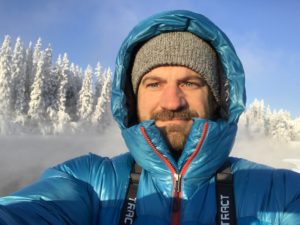
Fairbanks, Alaska.
Leonard earned his master and doctoral degrees at Clemson University and was a postdoctoral fellow at the U.S. Fish and Wildlife Service – Appalachian Landscape Conservation Cooperative (LCC) before moving to Alaska in 2018. Working with multiple levels of government, NGOs and Alaska native communities, the goal of his research is to provide resource managers and partners with the information, science and translational tools necessary to be better stewards of functional ecosystems. He investigates ecological patterns and processes using applied, bottom-up questions that deal with everything from Caribou movement ecology to the recreational experiences in soundscapes and viewsheds of wilderness.
Before moving to Alaska, Leonard was developing a conservation plan for a 15-state conservation cooperative centered around the Central and Southern Appalachians. This planning process incorporated thousands of private parcels, conservations easements, state and national parks, and other public lands and placed them into a framework for understanding their contribution to regional conservation efforts. This work was conducted during his postdoctoral fellowship, where he was first inspired by the power of federal agencies to bring people together to plan for future landscapes.
Baldwin is inspired by Leonard’s work and vision for conservation and hopes his career brings him close to Clemson’s hills again sometime in the future.
“Today he explores the trails and waterways of the land he is committed to conserve,” said Baldwin. “He is an avid birder, and like the birds he watches, he will migrate again someday. We hope his travel lands somewhere near here, if only for a stopover.”
###
Watch Robert Baldwin, Ph.D., present the award to Paul Leonard, Ph.D. and his acceptance speech.
The Clemson University Institute for Parks (CUIP) provides research, education, training, and outreach that enhances the management of the world’s parks and protected areas. It accomplishes this by providing park and protected area managers with innovative research to support science-based decision-making; and by developing current and future leaders in the park movement by providing interdisciplinary and transformative education and training programs. The Institute currently consists of 35 Fellows and 10 Scholars working on park-related research.
Visit the CUIP website for more information about the George B. Hartzog, Jr. Environmental Awards program and its recipients.
